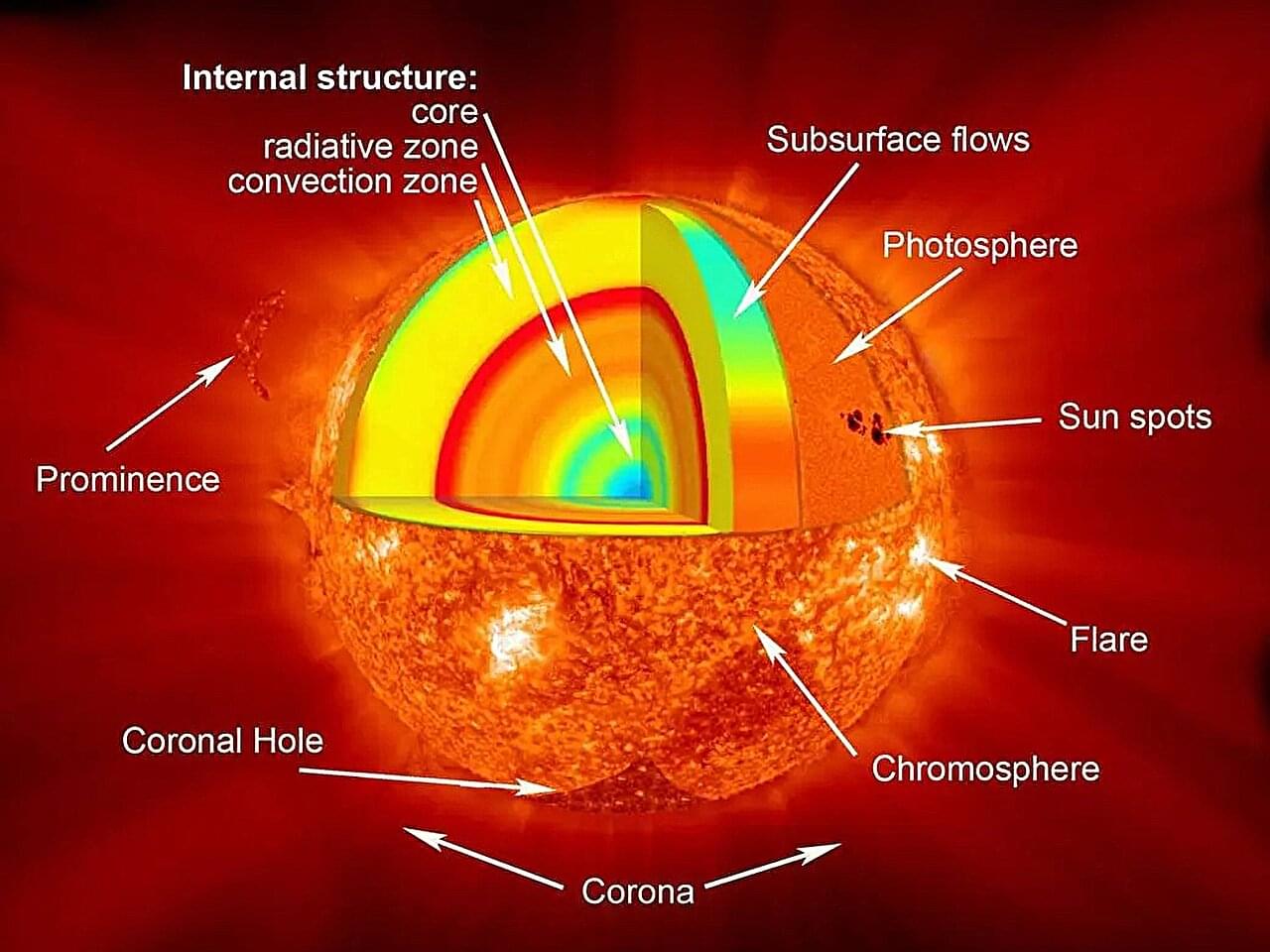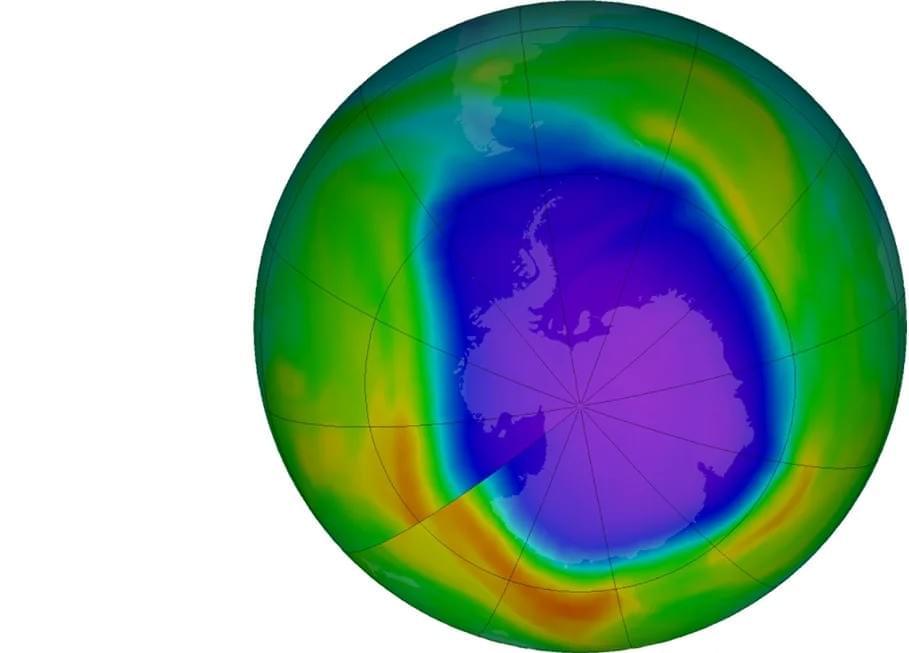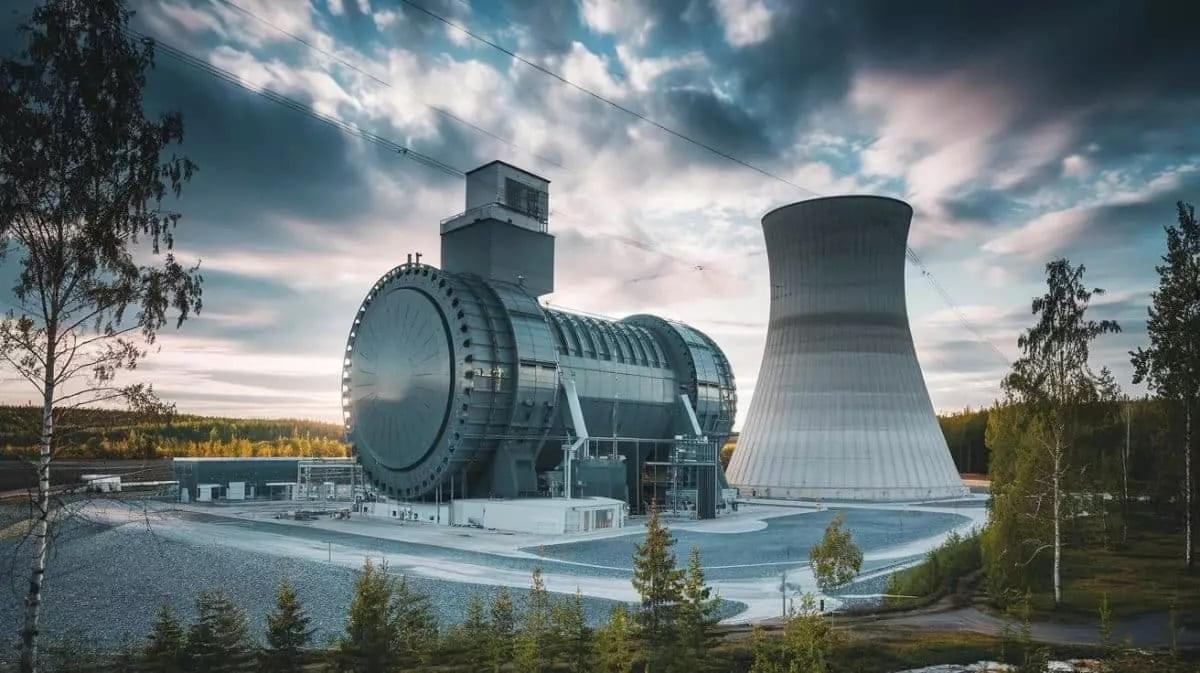Neutrinos generated through solar fusion reactions travel effortlessly through the sun’s dense core. Each specific fusion process creates neutrinos with distinctive signatures, potentially providing a method to examine the sun’s internal structure. Multiple neutrino detection observatories on Earth are now capturing these solar particles, which can be analyzed alongside reactor-produced neutrinos with the data eventually enabling researchers to construct a detailed map of the interior of the sun.
The sun is a massive sphere of hot plasma at the center of our solar system and provides the light and heat to make life on Earth possible. Composed mostly of hydrogen and helium, it generates energy through nuclear fusion, converting hydrogen into helium in its core. This process releases an enormous amount of energy which we perceive as heat and light.
The sun’s surface, or photosphere, is around 5,500°C, while its core reaches over 15 million°C. It influences everything from our climate to space weather, sending out solar wind and occasional bursts of radiation known as solar flares. As an average middle-aged star, the sun is about 4.6 billion years old and will (hopefully) continue burning for another 5 billion years before evolving into a red giant and eventually becoming a white dwarf.







